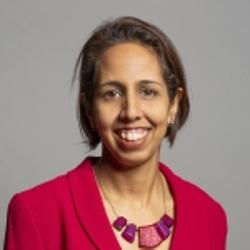Digital Technology: Older People
(asked on 12th April 2021) - View SourceQuestion to the Department for Digital, Culture, Media & Sport:
To ask the Secretary of State for Digital, Culture, Media and Sport, what steps he has taken to help ensure that elderly people are not excluded as a result of the digital divide.
To tackle the digital divide and support connectivity, we have worked closely with providers to ensure social tariffs are in place that provide low cost landline and broadband services for those on means-tested state benefits. Wider commitments by the telecoms industry to support vulnerable consumers have included the removal of data caps on fixed broadband packages, and free or low cost data boosts on mobile services.
Training is available for elderly people wishing to acquire essential digital skills. The Government has introduced a digital entitlement for adults with no or low digital skills to undertake specified digital qualifications, up to level 1, free of charge. Essential Digital Skills Qualifications (EDSQs), introduced alongside the digital entitlement, are based on new national standards which set out the digital skills people need to get on in life and work. We also support the provision of essential digital skills training in community settings through the Adult Education Budget.
Public libraries play an important role in tackling digital inclusion. Around 2900 public libraries in England provide a trusted network of accessible locations with staff, volunteers, free wifi and assisted digital access to a wide range of digital services. The volunteers and library staff have been trained in digital skills so that they can provide library users with support in using digital applications and services.

